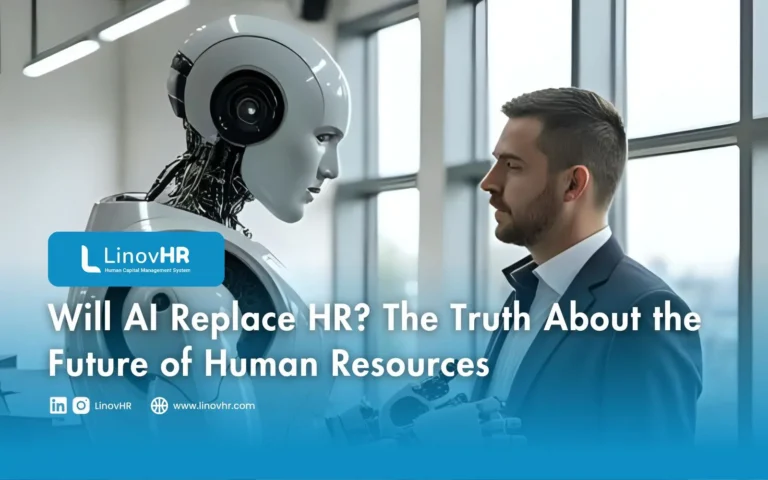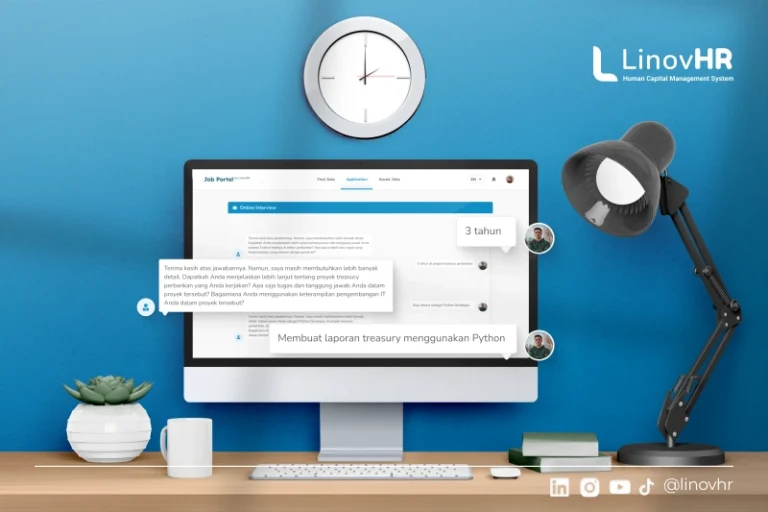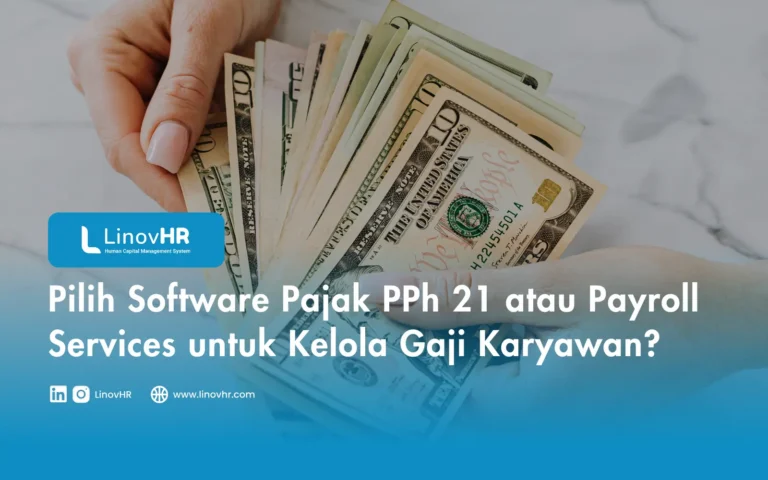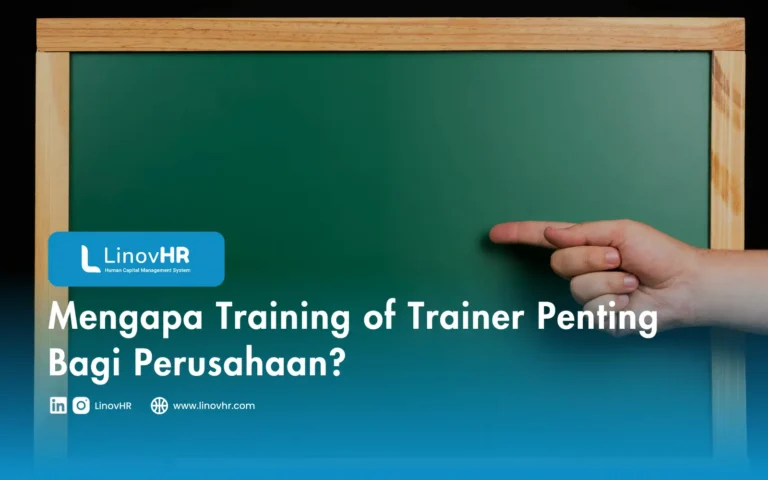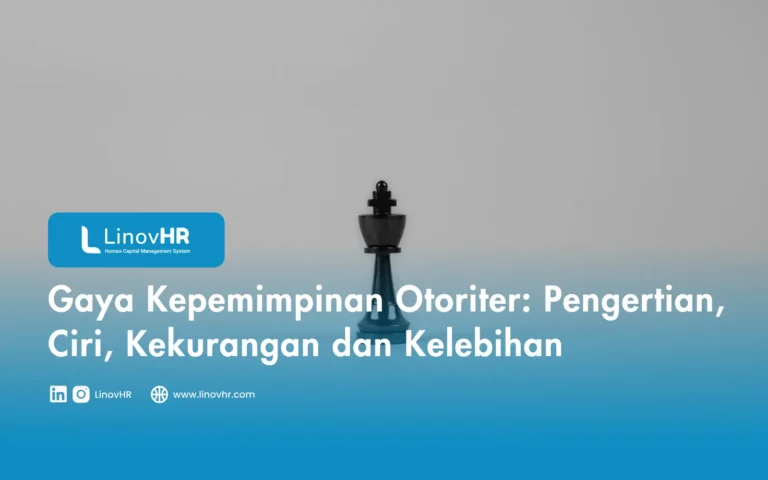Artificial Intelligence (AI) is rapidly transforming the world of work and Human Resources (HR) is no exception.
From automating recruitment to predicting employee turnover, AI powered tools are changing how HR teams operate.
But as these technologies evolve, one question continues to spark debate: will AI replace HR jobs?
While automation can handle repetitive tasks faster and more accurately, the human side of HR, empathy, ethics, and strategic thinking, remains irreplaceable.
This article explores how AI is reshaping the HR landscape, which roles may change, and what HR professionals can do to stay ahead in an AI driven future.
What Does “AI Replacing HR” Really Mean?
As JR Keller, Associate Professor and Director of ILR’s Executive Master’s in Human Resources Management program, explains:
“Things are going to change for sure. Many of the things that people tend to hate about HR are going to be automated… there will be fewer people under the HR umbrella, but those that remain will have much more interesting and impactful jobs.”
Keller’s view reinforces that AI isn’t eliminating HR, it’s reshaping it. The technology will handle transactional tasks, allowing HR professionals to focus on more strategic, people-centered responsibilities.
The question “Will AI replace HR?” often sparks worry about job loss, but in reality, it signals a major shift, not elimination.
In most cases, AI replaces tasks, not people. Automation takes over repetitive HR functions such as resume screening, payroll processing, and basic analytics, freeing HR professionals to focus on what truly matters: people, culture, and strategy.
Instead of asking “will AI replace HR jobs?”, organizations should ask how AI can enhance human capabilities.
By automating administrative work, HR teams gain more time to coach employees, design better career paths, and foster engagement, areas where emotional intelligence and empathy still outperform machines.
So, while AI continues to evolve, it’s more accurate to say that technology is reshaping HR roles rather than replacing them.
The future of work isn’t about “will AI replace HR jobs in the future?”, it’s about how HR professionals can leverage AI to become more strategic, data driven, and human-centered than ever before.
Which HR Tasks Are Already Being Automated
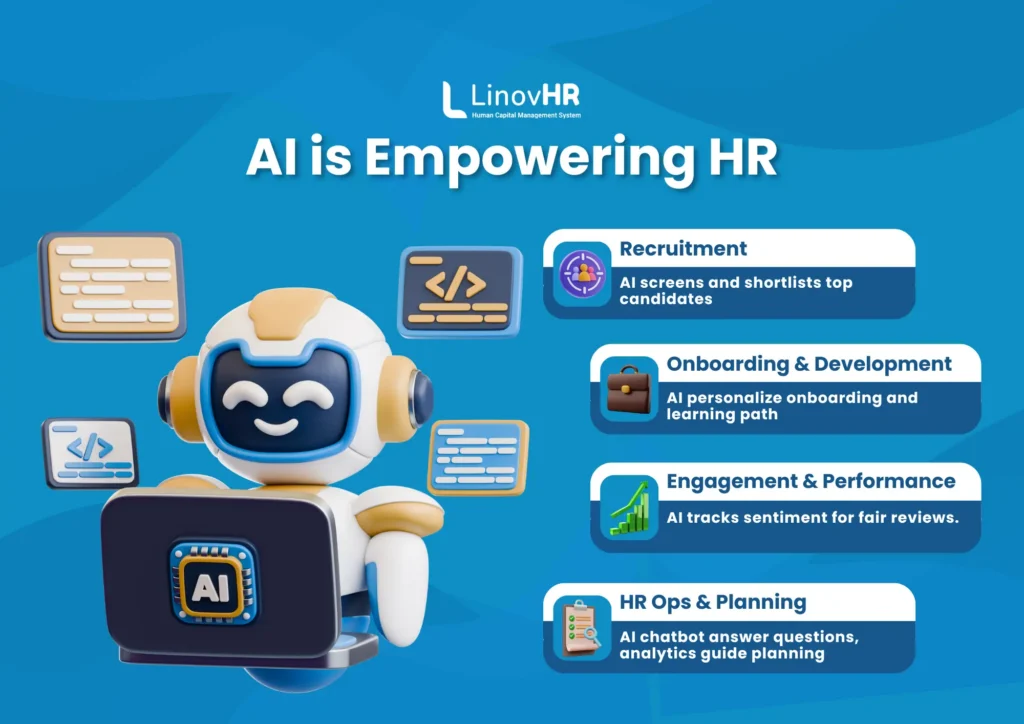
When people ask, “Will AI replace HR?”, the answer often depends on which tasks we’re talking about.
Artificial Intelligence is not replacing HR professionals, but it is automating many repetitive and time-consuming processes, allowing HR teams to focus on more strategic, people-driven work.
Today, AI is already transforming every stage of the employee lifecycle:
1. Talent Acquisition and Recruitment
AI tools streamline sourcing, screening, and hiring.
Smart algorithms can scan thousands of profiles to find top candidates, write unbiased job descriptions, and even conduct initial screenings through AI powered Applicant Tracking Systems.
Chatbots also handle 24/7 candidate engagement, ensuring faster, fairer hiring.
Also read: AI in Recruitment: How Technology is Transforming Hiring in 2025
2. Onboarding and Employee Development
Once employees are hired, AI personalizes their onboarding journey.
It identifies skill gaps, recommends tailored learning paths, and creates a more engaging growth experience.
Instead of generic training modules, new hires receive AI curated learning and mentorship recommendations that match their career goals.
3. Engagement and Performance Management
AI enables real time insights into employee sentiment and productivity.
Using sentiment analysis and predictive analytics, HR leaders can detect early signs of burnout, low morale, or turnover risks, and take action before issues escalate.
It also supports fairer, data-backed performance reviews.
4. HR Operations and Strategic Planning
Routine questions about leave, benefits, or policies can now be handled by AI-powered HR chatbots, freeing up time for human interaction.
Meanwhile, advanced analytics help leaders forecast workforce needs and model “what if” scenarios for future planning.
In short, automation is redefining how HR operates, but it’s not replacing humans.
Instead of asking “will AI replace HR jobs?” or “will AI replace HR jobs in future?”, the real question is how HR can use AI to become more strategic, empathetic, and impactful in driving organizational success.
Also read: AI in HR: Transforming the Human Resources Function in the Digital Era
Why AI Won’t Fully Replace HR Professionals
The question “Will AI replace HR?” often triggers anxiety among professionals, but the truth is simple: AI can assist HR, not replace it.
Artificial Intelligence excels at handling data, automation, and logistics, yet the essence of HR lies in understanding people, emotions, and values. These are areas where machines will always fall short.
While automation may take over repetitive tasks, HR professionals remain irreplaceable for three key human-centered reasons:
1. AI Lacks Context and Human Nuance
AI operates on data and patterns; humans operate on empathy, experience, and context.
When performance drops or conflicts arise, algorithms might flag issues, but only people can interpret the “why” behind the data.
HR professionals consider personal struggles, emotions, and histories that no system can quantify.
2. AI Can’t Replicate Genuine Empathy
Trust and emotional intelligence are at the heart of human resources. AI may simulate empathy through polite responses, but it cannot feel it.
When employees face sensitive issues, like harassment complaints or personal crises, they need compassion and confidentiality from a real person, not an automated message.
3. AI Has No True Ethics or Accountability
Even the most advanced AI can only recommend actions based on data, not moral judgment.
HR professionals make ethical decisions, such as layoffs, promotions, or conflict resolution, that carry emotional and legal consequences.
AI can identify who to lay off; humans decide if and how to do it fairly.
Also read: Best HR AI Tools in 2025: Smart Solutions for HR Transformation in the Digital Era
The New Role of HR in the AI Era
As technology evolves, the question “Will AI replace HR?” has become central to discussions about the future of work.
The truth is that AI isn’t replacing HR, it’s redefining it.
Rather than eliminating human roles, AI is transforming HR from an administrative, task-based department into a strategic, data-driven, and people focused business partner.
AI now handles repetitive work such as payroll processing, resume screening, and basic reporting.
This automation gives HR professionals more time to focus on high impact, human centric work, coaching leaders, designing culture, and building stronger employee experiences.
The future of HR isn’t about replacement, but reinvention.
1. HR as a Strategic Business Partner
The modern HR professional plays a critical role in shaping business decisions.
Through AI powered analytics, HR teams can identify skill gaps, forecast future workforce needs, and align talent strategies with organizational goals.
Instead of relying on intuition, HR leaders now use real-time data to advise executives on retention, morale, and productivity trends, helping drive business growth.
2. HR as the AI & Ethics Governor
As companies integrate AI deeper into hiring, promotions, and performance management, HR becomes the ethical guardian of technology. HR must ensure that AI tools are fair, transparent, and bias free.
This includes auditing algorithms, protecting employee data, and maintaining accountability for all AI assisted decisions.
In the era of automation, human oversight remains essential for trust and integrity.
3. HR as the Change Leader
AI adoption isn’t just a technical challenge, it’s a human one.
HR professionals must guide employees through this transition, addressing fear of job loss and emphasizing that AI is a co-pilot, not a competitor.
They also lead organization wide upskilling programs to boost AI literacy and digital confidence, ensuring teams thrive in an increasingly automated workplace.
4. HR as the Champion of Employee Experience
Ironically, as workplaces become more digital, the “human” in Human Resources becomes even more valuable.
With AI managing routine tasks, HR can focus on building personalized, meaningful employee experiences, from tailored learning paths to customized career growth programs.
HR’s future lies in nurturing the skills that AI cannot replicate: empathy, creativity, and emotional intelligence.
5. The New HR Skillset
To stay relevant, HR professionals must evolve.
The future of HR belongs to those who combine data literacy, AI fluency, and strategic business acumen with strong emotional intelligence.
Understanding AI’s potential, and its limits, will empower HR to harness technology while keeping people at the center of every decision.
Transforming Recruitment with AI: How LinovHR Leads the Way
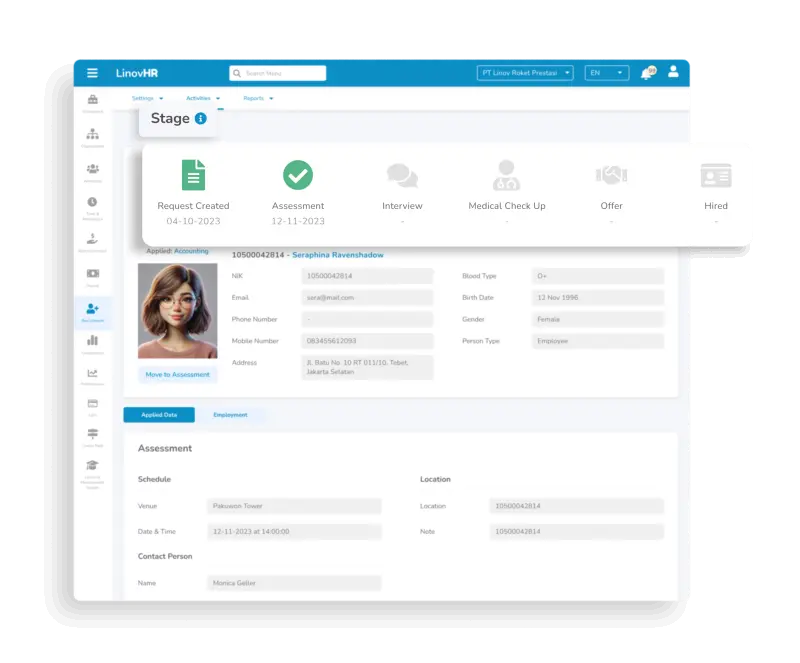
In the discussion about “Will AI replace HR?”, one thing becomes clear, AI isn’t replacing recruiters, it’s empowering them.
A perfect example of this transformation can be seen in AI Recruitment from LinovHR, an innovative solution that helps HR teams work smarter, faster, and more strategically.
Through its Interview AI feature, LinovHR leverages artificial intelligence to streamline every stage of the recruitment process, from candidate screening to interview evaluation.
This technology allows companies to save time, reduce bias, and enhance decision-making, while ensuring each candidate is assessed fairly and consistently.
Smarter, Faster, and More Objective Hiring
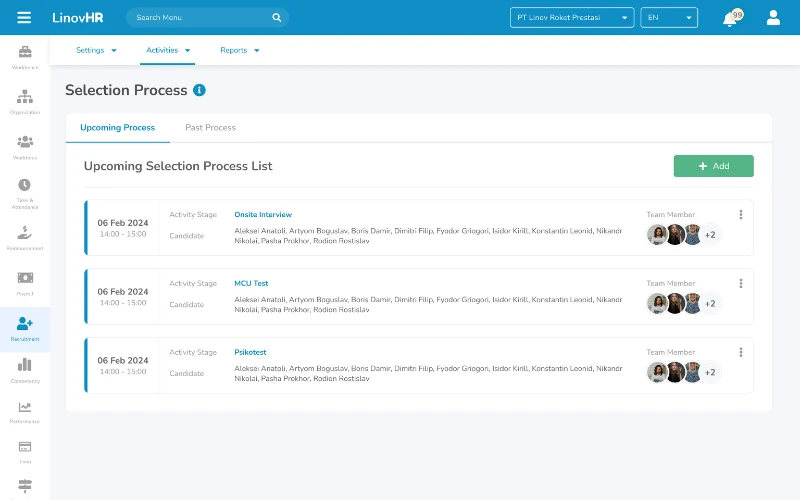
AI Recruitment LinovHR automates repetitive tasks such as scheduling, interviewing, and evaluating candidates.
HR professionals can focus on what truly matters: engaging with top talent, understanding cultural fit, and shaping long-term hiring strategies.
For companies hiring at scale, the Interview AI enables mass recruitment with precision, helping fill multiple positions efficiently without compromising on quality or fairness.
Empowering HR with Data Driven Insights
What makes LinovHR’s AI Recruitment stand out is its ability to provide data-backed insights about candidate performance and potential.
Instead of relying solely on intuition, HR teams gain access to measurable results, from soft skills assessment to cultural alignment scores, empowering smarter hiring decisions.
Ready to see how AI can elevate your recruitment strategy?
Request a free demo of LinovHR’s AI Recruitment today and experience how our Interview AI can help your HR team hire better, faster, and smarter.


